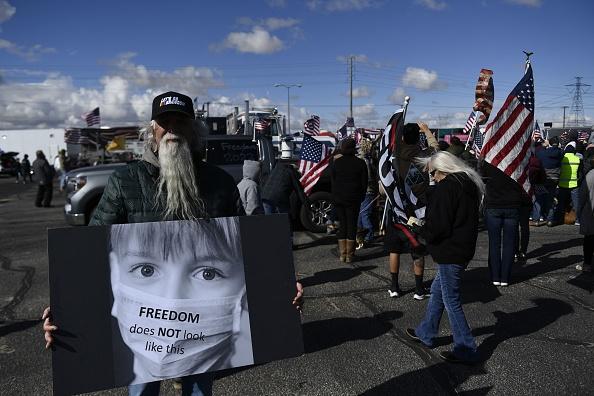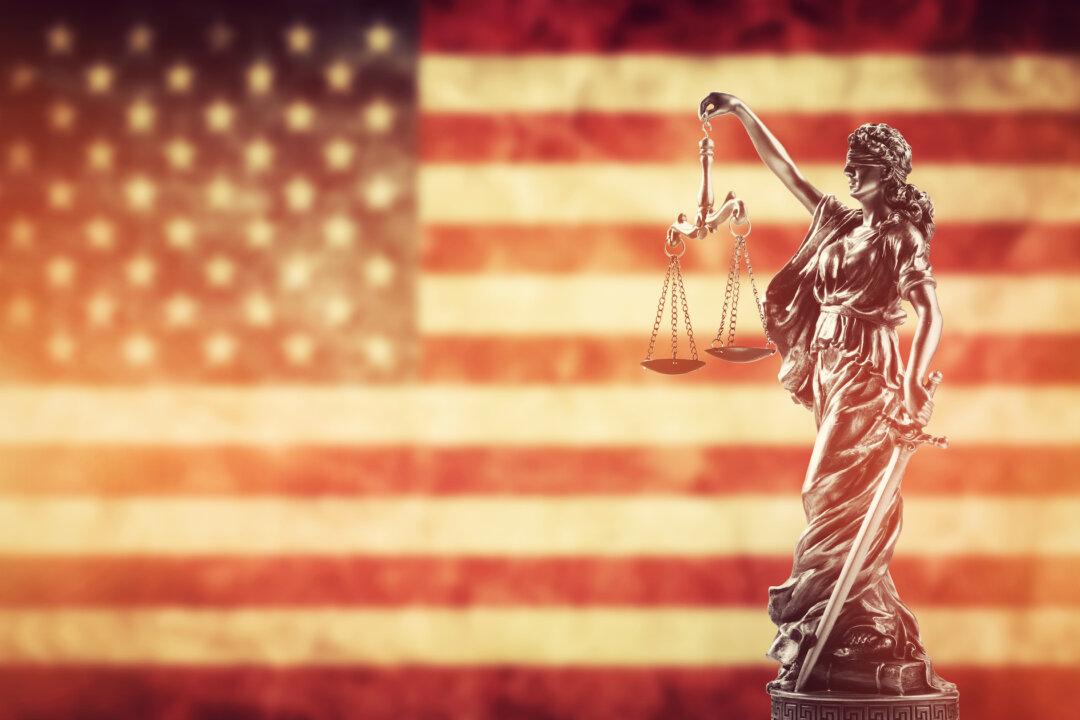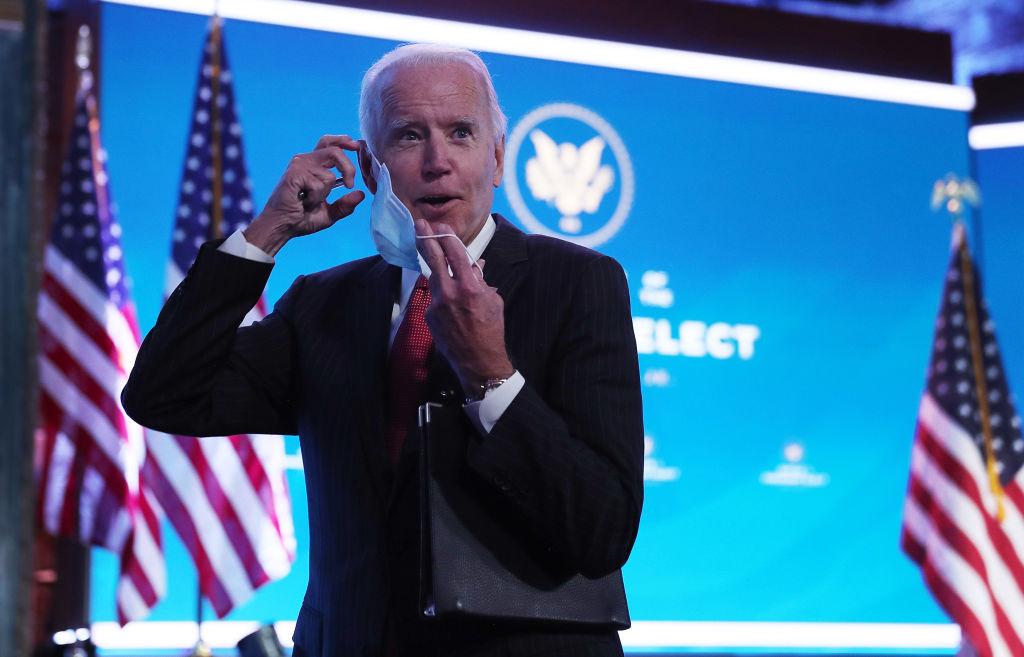The U.S. Department of Justice on Wednesday appealed Monday’s ruling by a federal judge in Florida that struck down the Biden administration’s mask mandate for public transport. Legal experts say the move could backfire if the case goes to the U.S. Supreme Court.

People gather to rally with truckers at the start of "The Peoples Convoy" protest against Covid-19 vaccine and mask mandates in Adelanto, California, on February 23, 2022. Photo by PATRICK T. FALLON/AFP via Getty Images
Michael Nevradakis, Ph.D., is an independent journalist and researcher based in Athens, Greece. He completed his Ph.D. in media studies at the University of Texas in 2018 and holds a master's degree in public policy from Stony Brook University.
Author’s Selected Articles




